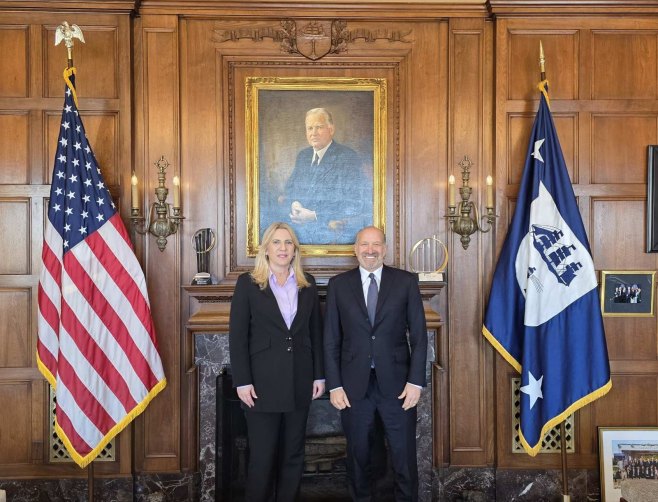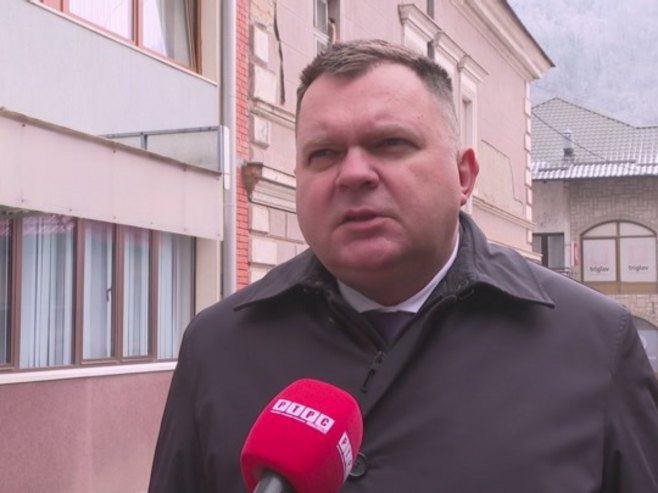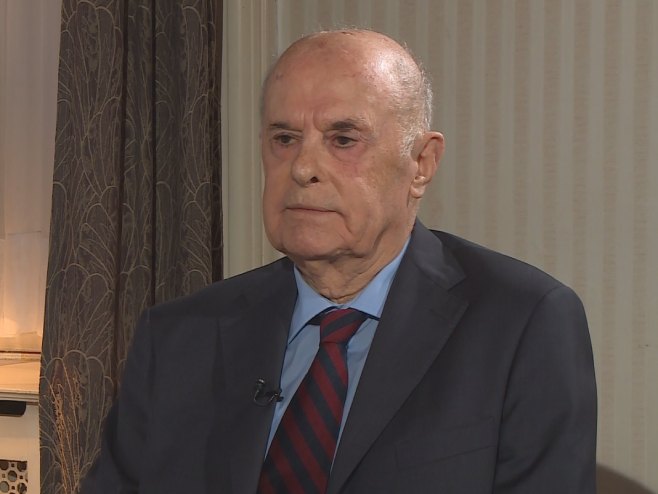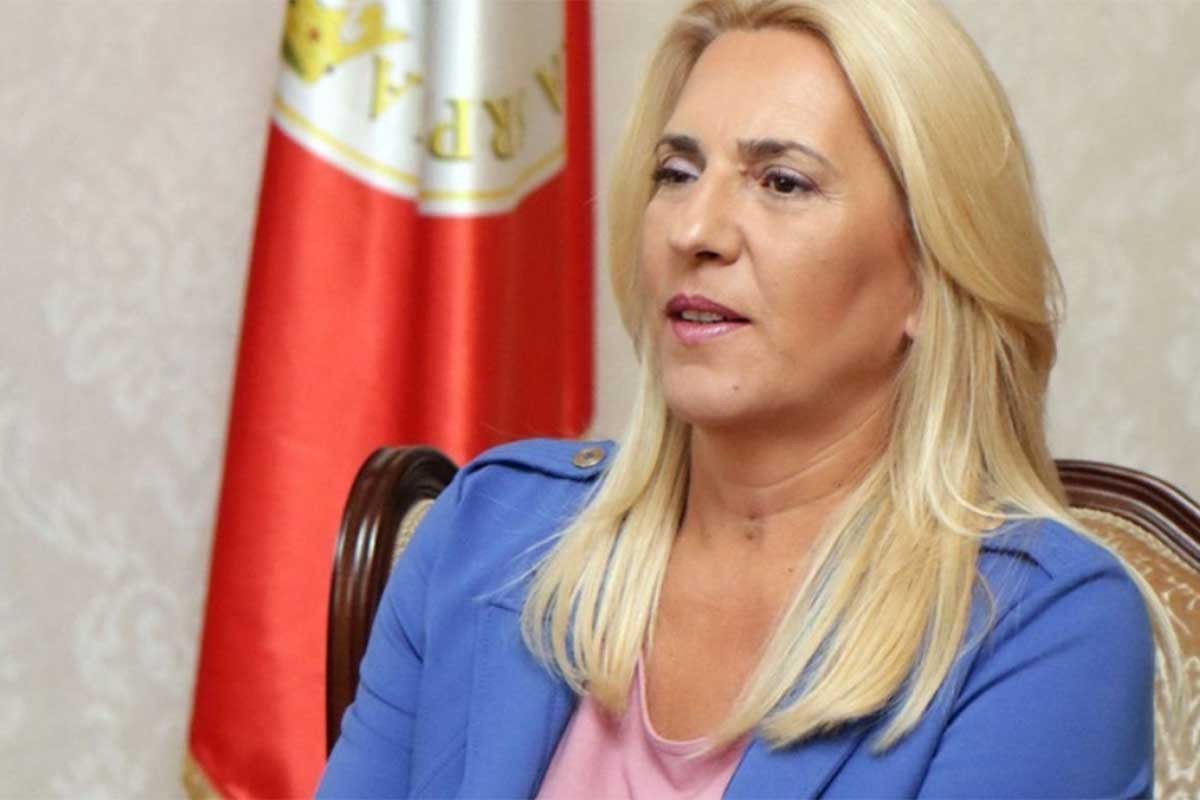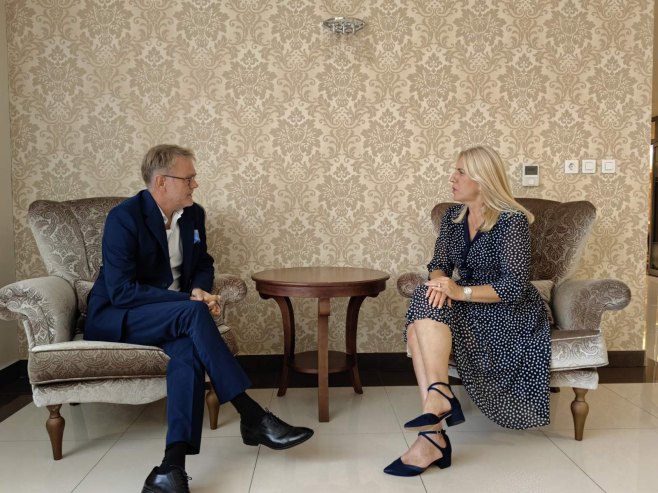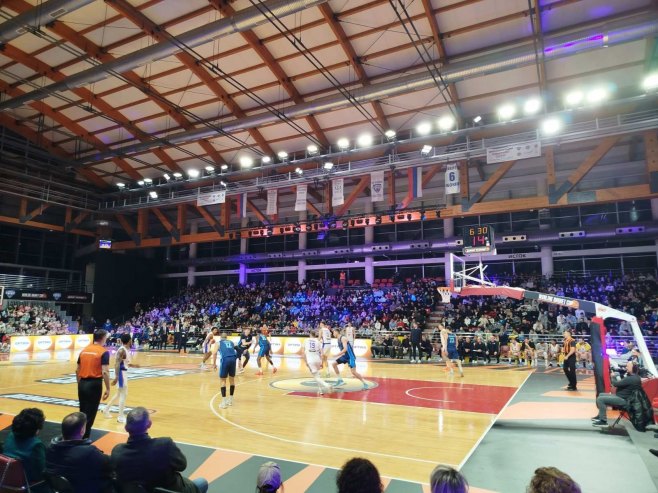Presidents Vladimir Putin and Donald Trump are laying the foundations of a new world order. Eventually, the Balkans will come into focus during this process of geopolitical realignment—an effort to remove the label of “potential hotspot” from the region, which has long been manipulated by certain European powers.
This was stated in an interview for Glas Srpske by former diplomat Vladislav Jovanović, who analyzed the positive developments in Moscow-Washington relations, along with new signs suggesting that the war in Ukraine may be nearing an end.
GLAS: Moscow and Kyiv have agreed in Turkey to prepare proposals for a ceasefire. How close—or far—are we from a final end to the war in Ukraine?
JOVANOVIĆ: It all started with Donald Trump, who, upon coming to power in the U.S., said he would resolve this conflict quickly. Unlike Joseph Biden, who complicated and prolonged the war, Trump showed genuine intent to bring it to an end. The impression is that he brought in a new and positive energy, wanting to free himself of this burden in order to address broader global issues. For the U.S., Russia is a necessary partner. Trump is trying to weaken the current alliance between Moscow and Beijing. These are the strategic goals of the new American administration. To achieve that, he will have to resolve the complicated Ukrainian knot. If he succeeds, Trump would free Russia’s hands and could then talk with Vladimir Putin about a kind of geopolitical management of the rest of the world. That is why hopes for an end to this war are realistic and well-founded. What’s happening now is a positive signal that both Kyiv and Moscow are politically ready to put an end to the conflict. For Russia, the most important thing is to resolve the Ukraine issue once and for all, so that it no longer remains a potential threat.
GLAS: Could a possible end to the war and renewed U.S.–Russia partnership have a positive effect on our region?
JOVANOVIĆ: Absolutely. Though it won’t happen overnight. It’s a process. What’s encouraging are Trump’s messages that he seeks a fairer world order without interventionism. That is a warning to others that the old globalist concept is no longer viable. This is a positive development for us in the Balkans—especially for the Serbs, Serbia, and Republika Srpska, which have been under various external pressures. It provides a shield of sorts. It could also lead to a halt in the deterioration of relations in the Western Balkans. The West and its local Balkan proxies will no longer dare to risk drawing negative attention from either Russia or the U.S. When I say the West, I primarily mean Europe, or more specifically the European Union. They will no longer dare to provoke new destabilization in the Balkans.
GLAS: Russophobia is spreading again across Europe, used to justify plans to invest €800 billion in the continent’s militarization. How justified is this fear, and how do you interpret warnings by some German officials that a war with Russia could occur by 2027?
JOVANOVIĆ: These are just someone’s grim wishes—more a fantasy than a real possibility. You can’t seriously prepare for war while two global powers are working to rebuild diplomatic bridges and discuss all pressing global issues. I see this talk as venting frustration, because Europe currently has no say in global matters. This expression of “rage” and the surge in Russophobia are symptoms of a complex, not of strength or resolve.
GLAS: Giuseppe Conte, leader of the Five Star Movement and former Italian Prime Minister, warned that the EU’s rearmament plan could lead to the bloc’s collapse. What is your opinion?
JOVANOVIĆ: The European Union found itself in crisis when the U.S. turned its back on it. The EU also suffers from the lack of a clear realpolitik vision. That’s why the EU will never become a true global power, no matter how much it wishes to be. Its centralized policies are increasingly facing resistance within the bloc, with more and more sovereignist movements emerging. There is no unity to demonstrate internal cohesion, agreement, and power. It’s not just Slovakia and Hungary—Italy has often signaled that Washington is closer to it than Brussels. More such countries will emerge. This tendency will grow stronger if Brussels continues defying both the U.S. and Russia. The future of the Union is in deep fog. Brussels harbors great ambitions, but its capabilities are limited by global shifts and the emergence of a new world order—which the EU, unfortunately, still refuses to acknowledge.
A dual track
GLAS: U.S. Secretary of State Marco Rubio recently stated that only a Trump–Putin meeting can bring about a final resolution. In your opinion, what might that resolution look like?
JOVANOVIĆ: If a ceasefire is agreed upon, it would have to include strong guarantees—first, that the pause would not be used to stockpile weapons or build up military forces. Second, one would expect more intensive and serious negotiations between Kyiv and Moscow to follow. This is a dual-track approach through which the conflict could be resolved. Were that track not already in motion, I don’t believe the Russians would even agree to sit down at the table—let alone talk in Turkey.
Source: RTRS
